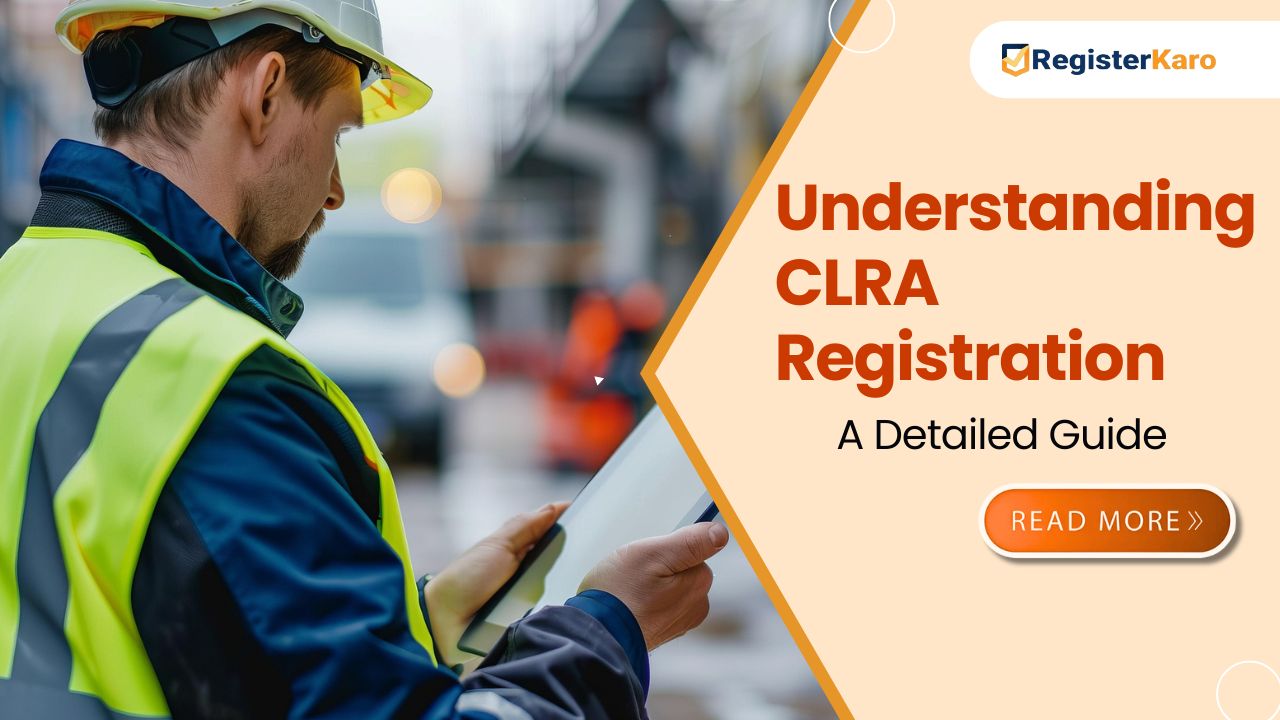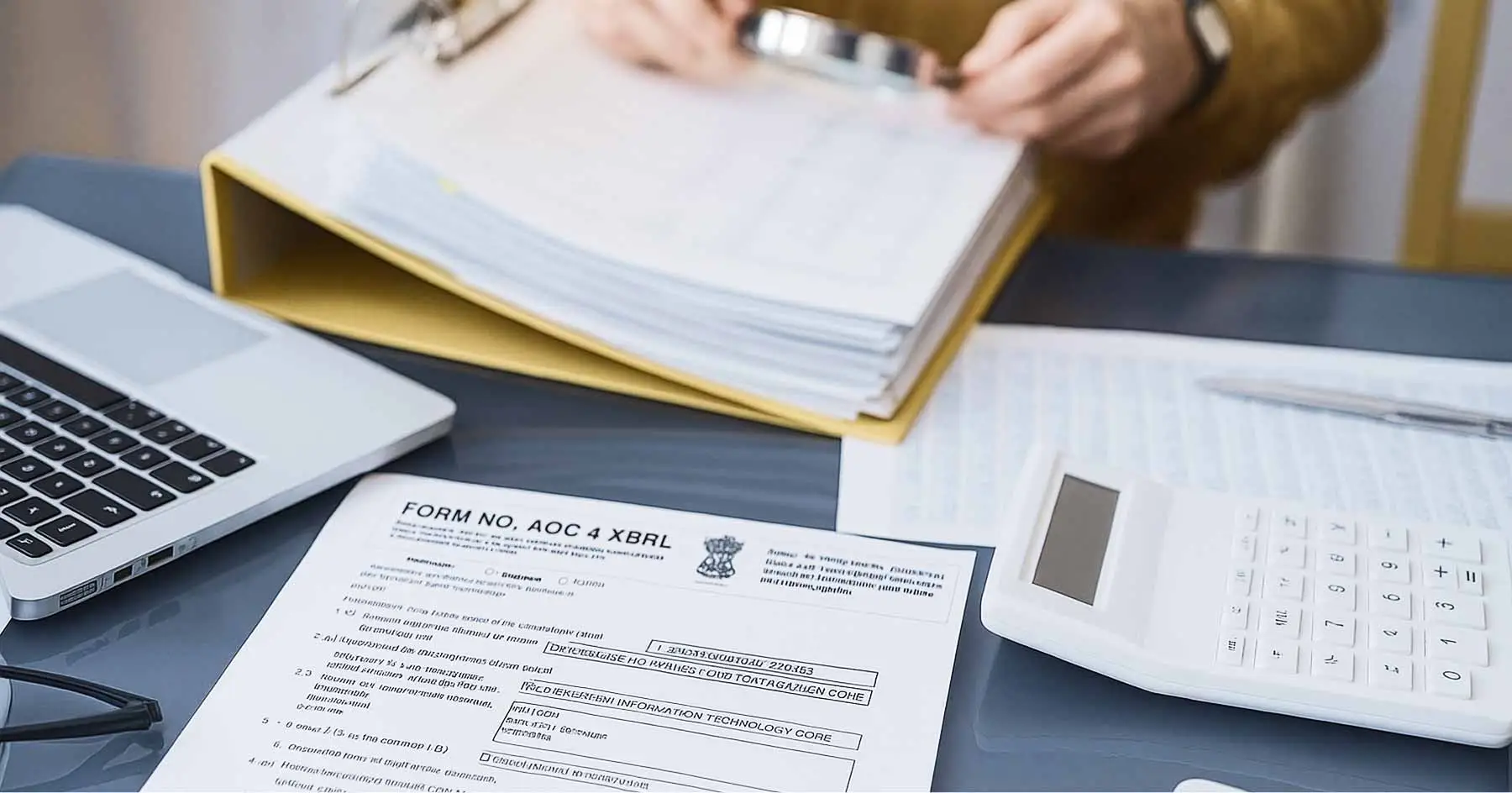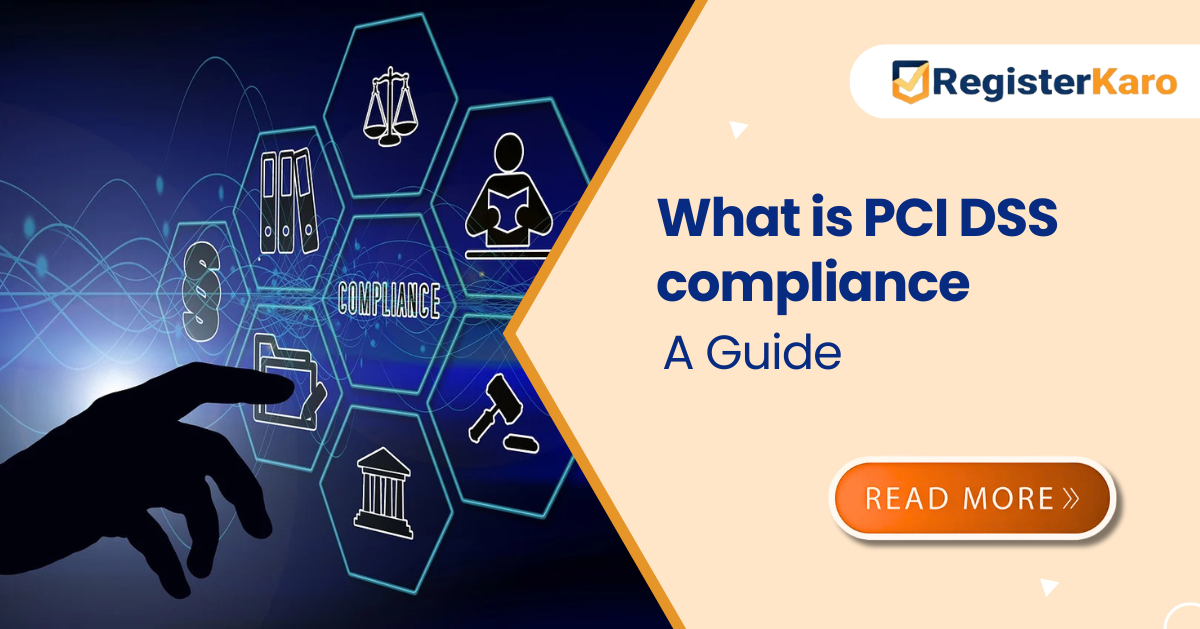Beyond the core annual requirements, other significant compliances for society need attention:
1. GST Registration and Filing for Societies
GST compliance for a cooperative society or any other society that provides goods or services (e.g., maintenance charges in a housing society, school fees in an educational society) exceeding the threshold limit is mandatory. This involves:
- Obtaining GST registration: If the aggregate annual turnover crosses the prescribed limit (currently ₹20 lakh for services and ₹40 lakh for goods in most states, with lower limits for special category states). Housing Societies must also register if the monthly contribution exceeds ₹7,500 per member.
- Filing periodic GST returns: Filing GSTR-1 and GSTR-3B ensures accurate reporting of outward supplies, proper tax payments, and timely input tax credit claims.
Societies, especially housing societies, often need to understand the nuances of GST on maintenance charges and other levies.
2. Understanding TDS and When to Deduct It
Societies making certain payments (e.g., rent, professional fees, contractor payments, interest) and exceeding specified limits are required to deduct Tax Deducted at Source (TDS) at prescribed rates and deposit it with the government. This includes:
- Obtaining a TAN (Tax Deduction and Collection Account Number).
- Deducting TDS as per the Income Tax Act.
- Depositing the TDS with the government within the due dates.
- Filing quarterly TDS returns, including:
- Form 24Q ( TDS on salaries paid to employees).
- Form 26Q (TDS on payments made to Indian residents (excluding salaries).
- Form 27Q (TDS on payments made to non-residents).
- Issuing TDS certificates (Form 16A) to deductees.
- TDS on payments to contractors or professionals.
This is a crucial aspect of financial compliance and can lead to penalties if not followed correctly.
3. Keeping Your Society's Records and Registers Updated
Maintaining accurate and up-to-date records and registers is vital for transparency, compliance, and smooth operations. This includes:
- Membership registers: Detailed records of all members, their admission, and exit dates.
- Meeting minutes books: Comprehensive records of all governing body meetings, general body meetings, and resolutions passed.
- Account books: Ledgers, cash books, and journals reflecting all financial transactions.
- Fixed asset registers: Records of all assets owned by the society, their purchase date, value, and depreciation.
- Receipt books and voucher files: Properly maintained for all income and expenditure.
These records are often reviewed during audits and inspections.
4. Renewing Your Society's Registration
Under the Societies Registration Act, 1860, there is no provision for periodic renewal of a society’s registration at the central level. However, some states have amended the Act to introduce mandatory re-registration or renewal requirements.
- Key Actions for Societies:
- Regularly check state-specific rules or amendments applicable to your jurisdiction.
- Ensure timely submission of annual documents and returns, even if renewal is not required.
- If operating in a state with mandatory re-registration provisions (like Uttar Pradesh), complete the process within the deadline to maintain legal continuity.
5. Reporting Changes in Your Society's Governing Body or Address
Keeping updated official records with the Registrar of Societies is a critical administrative compliance.
- Mandatory: Promptly report any changes in the society's governing body members (e.g., election of new office bearers, resignations) or its registered address.
- Recipient: Report these changes to the Registrar of Societies.
- Importance: Ensures official records are always current and accurate, which is vital for any official communication or legal proceedings.











